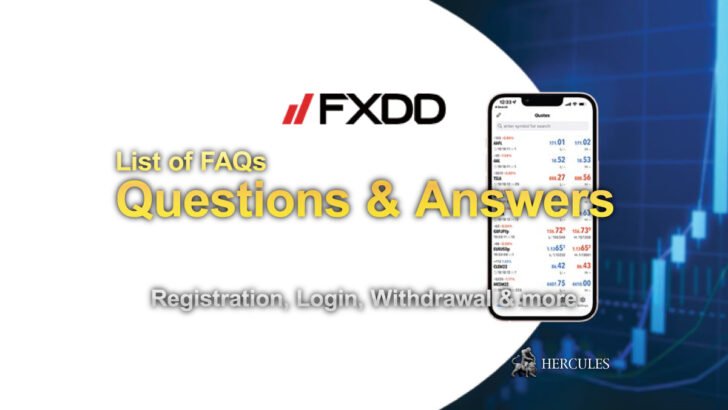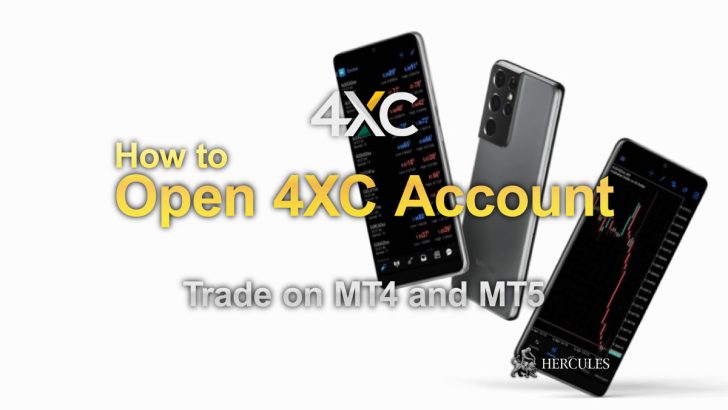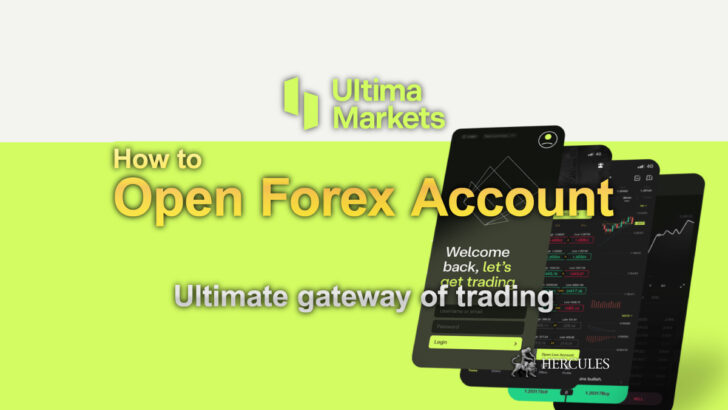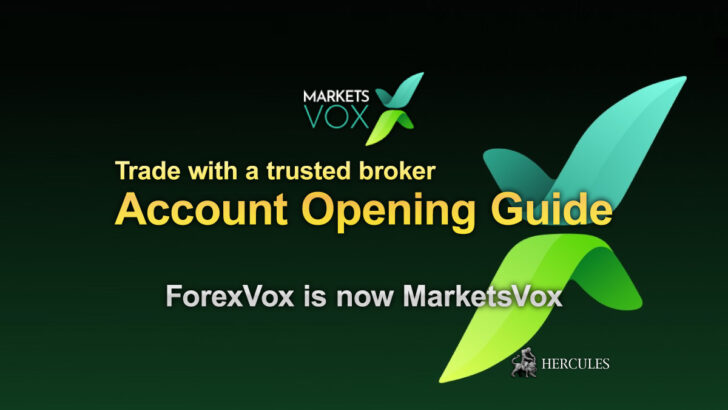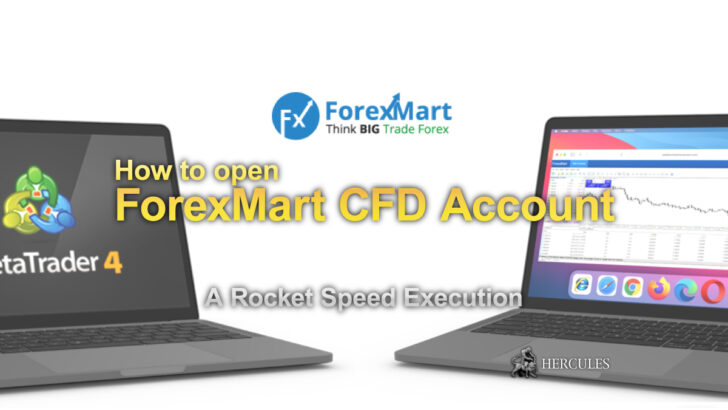Question: Which market (symbol) can I trade on Tickmill MT4 and MT5?
Exploring Financial Markets with Tickmill
Financial markets are vast, diverse, and ever-changing. With Tickmill, you can effortlessly access and navigate these waters with exceptional trading conditions. Let’s dive into some of the prominent markets available at Tickmill and explore their intricacies.
Go to Tickmill’s Official Website
1. Forex Trading: The Global Currency Marketplace
Forex, short for foreign exchange, is a decentralized global marketplace where all the world’s currencies trade. The daily trade volume in the forex market astonishingly surpasses $6.6 trillion, dwarfing other financial markets such as the NYSE.
The vast size of the forex market draws various participants, from Central Banks to individual retail traders. Around 90% of these participants are speculators, constantly searching for profit opportunities due to currency value fluctuations. Such fluctuations are majorly driven by global supply and demand dynamics, geopolitical situations, and macroeconomic indicators.
When trading forex, you’re essentially engaging in currency pair transactions. For example, if you believe the Euro will strengthen against the US Dollar, you might buy the EUR/USD pair. Your profit or loss depends on the rate movements of these currencies.
2. Stock Indices: A Reflection of Market Health
Stock indices are like thermometers for financial markets. Whether it’s the DAX 40, representing Germany’s top companies, or the US Tech 100, indicating the health of the US tech sector, indices provide valuable insights into broader market trends.
Tickmill offers:
- Access to over 20 global indices
- Exceptionally low spreads
- Lightning-fast 0.20s average execution speed
- A generous leverage of up to 1:100
Trade Stock Indices with Tickmill
3. Commodities: The Building Blocks of Economies
These are raw materials mined or extracted, such as gold, silver, and crude oil. Their prices are pivotal to global economic health as they are crucial for manufacturing and production.
Tickmill boasts:
- Ultra-tight spreads from 0.0
- Quick 0.20s average execution speed
- Up to 1:500 leverage
Trade Commodities with Tickmill
4. Bonds: Debt Instruments with Investment Potential
A bond represents debt, with the issuer needing capital and the investor seeking interest in return. They can be considered less volatile compared to stocks and offer a more predictable income stream.
Apart from competitive spreads and rapid execution, Tickmill provides access specifically to German Bonds, renowned for their stability and trustworthiness.
5. Cryptocurrencies: The Digital Revolution
In recent years, cryptocurrencies have taken the financial world by storm. With Tickmill, you can trade CFDs on major cryptos like Bitcoin, Ethereum, and more, capitalizing on their high volatility and growth potential.
Trade Cryptocurrencies with Tickmill
6. Stocks & ETFs: Dive into Top Corporations
Tickmill offers a vast array of CFD stocks from world-renowned companies like Apple, Amazon, and more. With the MT5 platform, trading becomes seamless and efficient.
Tickmill’s ETFs allow traders to diversify their portfolios by tracking multiple stocks or sectors. Popular ETFs like SPY or QQQ can be traded, offering exposure to vast market segments.
Holding stocks often comes with the added benefit of dividends. With Tickmill, you’re kept informed about ex-dividend dates, ensuring you’re well-positioned to benefit from potential payments.
Trade Stocks and ETFs with Tickmill
In conclusion, whether you’re looking to explore forex trading, speculate on stock indices, or dive into the world of cryptocurrencies, Tickmill offers a comprehensive platform with outstanding trading conditions to meet all your investment needs. Join today and experience the Tickmill difference!
Go to Tickmill’s Official Website
FAQs about trading with Tickmill
- 1. What is Forex Trading and how does it work?
- Forex, or the foreign exchange market, allows participants to exchange one currency for another. With a daily trade volume of $6.6 trillion, this market is the largest globally. Participants trade by selling one currency while buying another, with the exchange rate’s fluctuations providing opportunities for profit or potential losses.
- 2. How are Stock Indices used in trading?
- A stock index represents a group of stocks that indicate the health of an industry or a country. Traders can speculate on the price movements of these indices rather than individual stocks. Some indices represent specific sectors or geographies, such as the DAX 40 (Germany) or the US Tech 100 (technology sector in the US).
- 3. How does one trade Commodities with Tickmill?
- Commodities are raw materials like metals and energy products. At Tickmill, traders can speculate on commodity price changes without buying or selling the actual commodity. Prices are affected by factors like supply, demand, weather conditions, and geopolitical shifts.
- 4. What is a Bond and how is it different from Stocks?
- A bond is an agreement between a borrower and a lender, typically issued by governments. The issuer sets an interest rate paid to investors, who are repaid their initial investment at maturity. Unlike stocks, bonds are traded over-the-counter. At Tickmill, traders speculate on how bonds will appreciate or depreciate in value over time.
- 5. How can traders engage with Cryptocurrencies at Tickmill?
- Cryptocurrencies are decentralized virtual currencies that aren’t backed by real-world commodities or central banks. Traders can engage in CFDs on major cryptocurrencies at Tickmill, speculating on their price movement without owning the underlying asset.
- 6. What are CFD Stocks, ETFs, and how are they traded at Tickmill?
- CFD Stocks allow traders to speculate on stock price movements of renowned companies without owning the asset. ETFs are funds that track multiple stocks or financial products. To trade these with Tickmill, traders must complete the W-8BEN form, allowing them to access these instruments on the MT5 platform.
- 7. How do Dividends affect CFD Stock traders at Tickmill?
- Shareholders typically receive dividends from company profits. When trading CFDs on Stocks, positions may be subject to dividend adjustments, especially if held open during the ex-dividend date. Tickmill makes cash adjustments to accounts to reflect the equivalent dividend amount due, ensuring traders are not adversely affected by dividend-related price actions.

